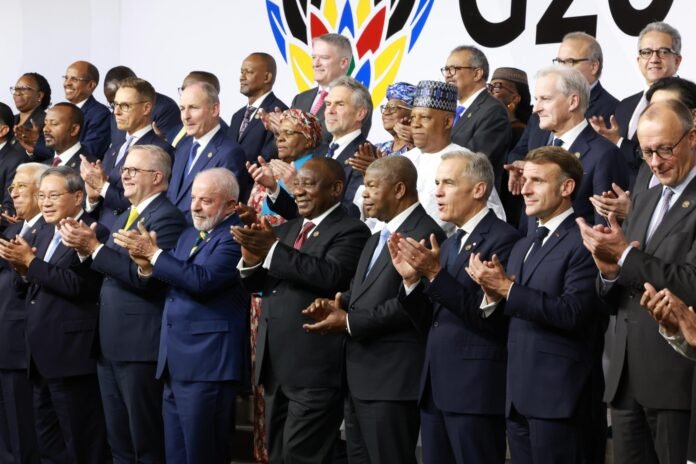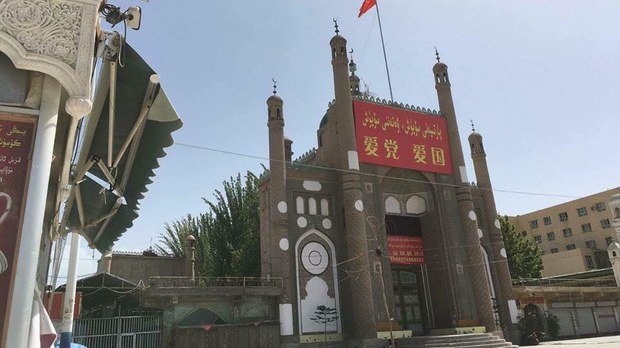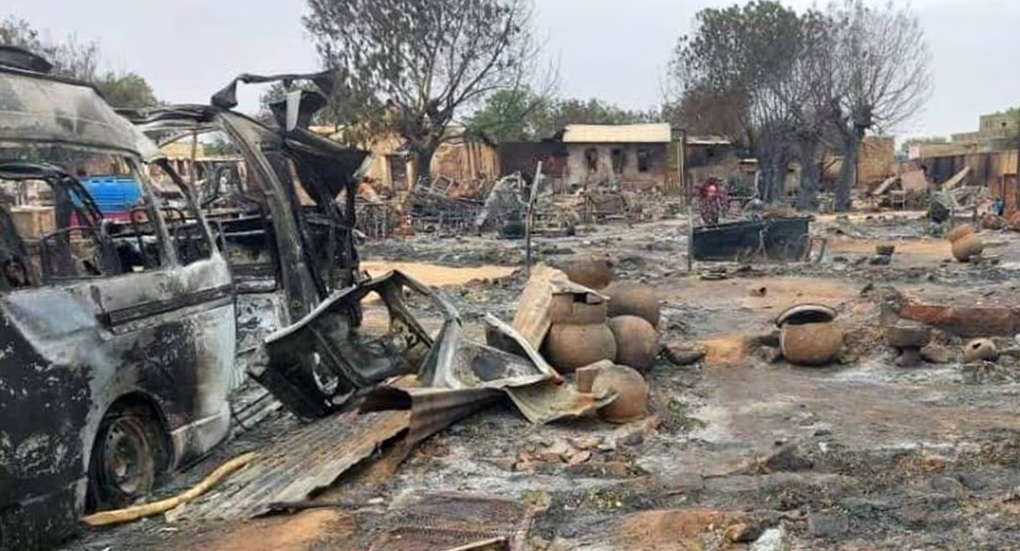The G20 Summit in Johannesburg, South Africa, concluded with a joint declaration committing to “multilateral co‑operation” despite objections from the United States, which boycotted the meeting.
The declaration covered climate change mitigation, economic inequality, and global peace efforts. South African President Cyril Ramaphosa, speaking at the closing ceremony, said the agreement showed that “shared goals” outweighed differences among member states.
It was the first time the G20 Summit had ever been hosted on African soil, held at the Johannesburg Expo Centre, NASREC, from 22 to 23 November under South Africa’s presidency. Indonesia, India, and Brazil had led the summit in the past three years.
American President Donald Trump abstained from attending, citing a widely discredited claim that South Africa’s white minority is the victim of large‑scale killings and land grabs. The US will host the G20 in 2026, with the summit expected to be held at Trump’s golf course in Florida.
Brazilian President Luiz Inácio Lula da Silva said it “didn’t matter much” that Trump had not attended, adding that multilateralism was “more alive than ever.”
German Chancellor Fredriech Merz described the US abstention as “not a good decision,” noting that the world is undergoing a realignment with new connections being formed.
Delegates also reached consensus on working towards “just, comprehensive, and lasting peace” in Ukraine, Sudan, the Democratic Republic of Congo, and the Occupied Palestinian Territory.
Sudanese journalist Saeed Abdalla said that the inclusion of Sudan was significant, marking the first time the conflict had been brought to the forefront at a G20 summit.
Behind the Scenes: Diplomacy and Cultural Exchange
South African media described the summit as the “World Cup of diplomacy.” Jacaranda FM journalist Anastasi Mokgobu highlighted the approachable nature of leaders and the celebratory atmosphere.
She noted the enthusiasm of leaders from India and Brazil, with India’s prime minister actively documenting his experiences on social media. Brazil’s leader and France’s Emmanuel Macron were seen warmly interacting with Ramaphosa.
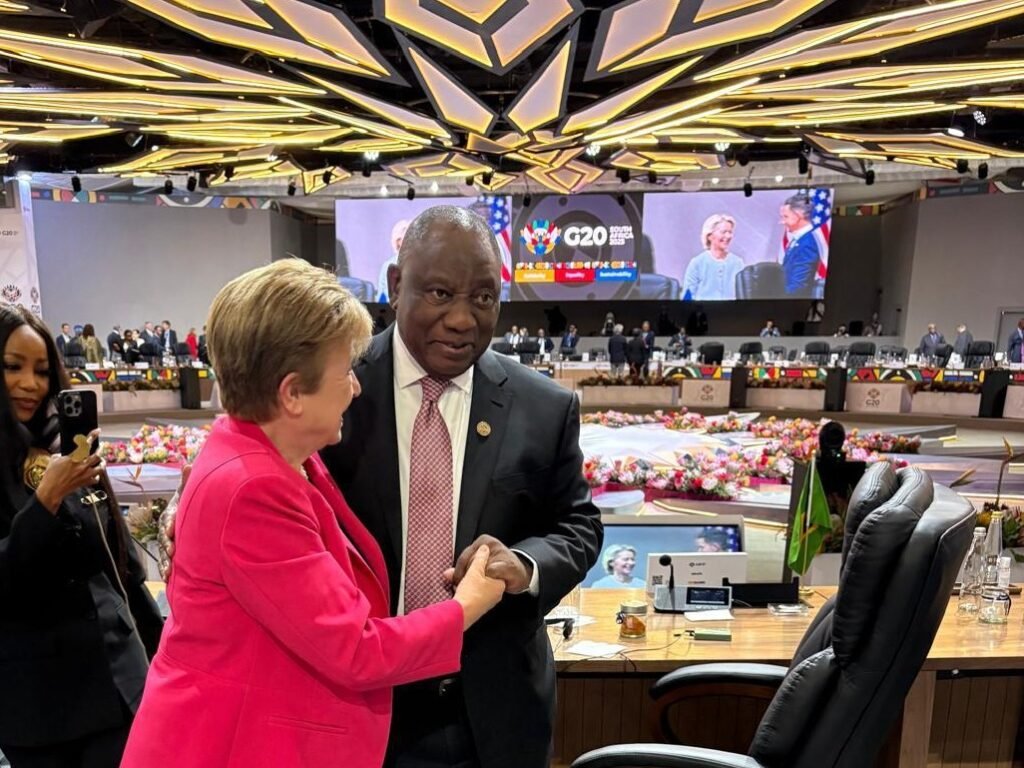
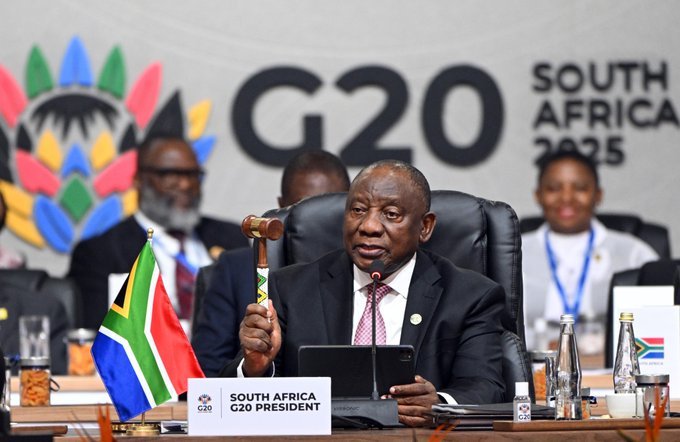
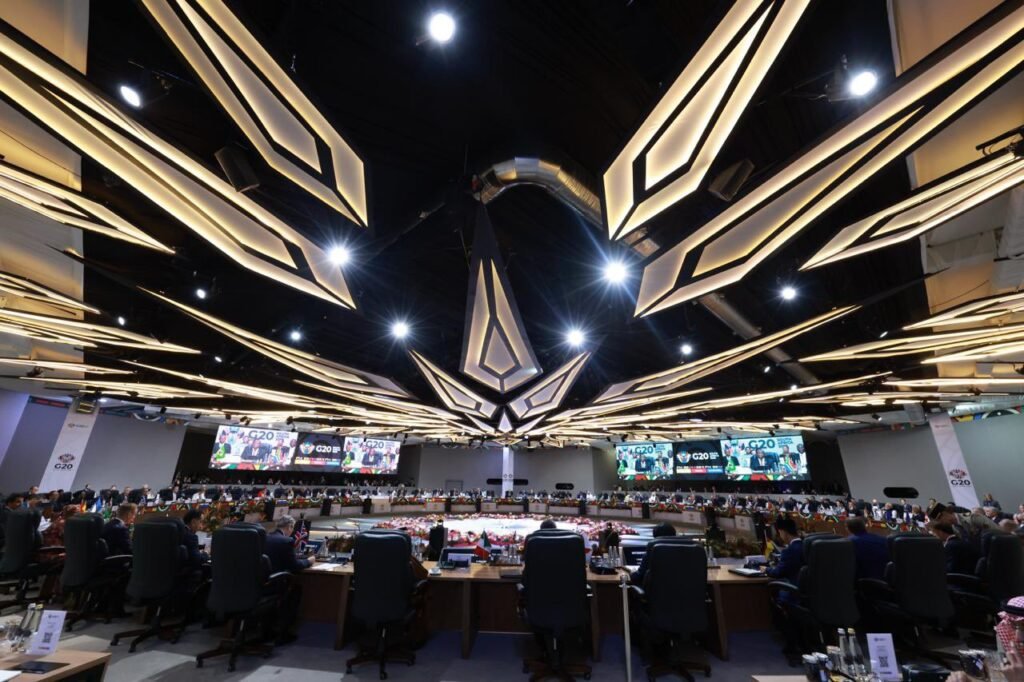
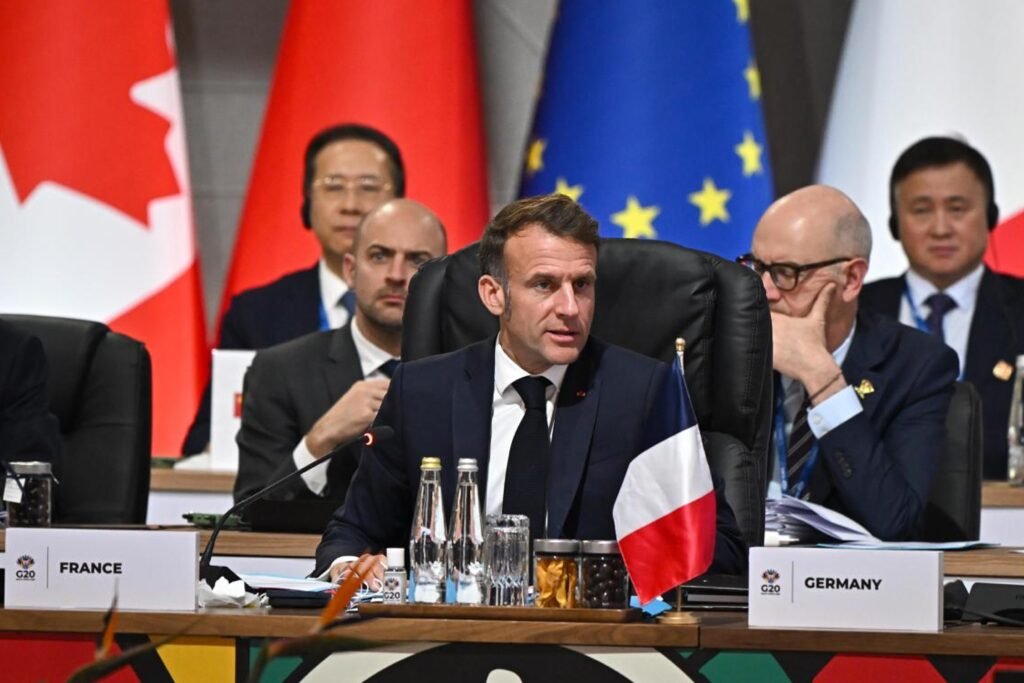
Mokgobu also shared lighter moments, including the diverse cuisine offered at the summit. She enjoyed Indian dishes and sampled Nigerian jollof rice, reflecting the inclusive cultural setup. Journalists received G20‑themed goodie bags with essentials such as laptop bags, power banks, and branded items.
Sous Sherpa Ambassador Xolisa Mabhongo provided further insights, stressing the unity among G20 leaders and reaffirmation of South Africa’s priorities during its presidency.
He said the adoption of the Johannesburg Declaration epitomized the leaders’ commitment to implementing summit decisions.
South Africa’s four high‑level priorities—climate action, economic inclusion, energy transition, and critical minerals—received significant support.
Mabhongo confirmed that most delegations departed South Africa for the AU‑EU Summit in Angola, while the ceremonial handover of the G20 presidency to the United States is expected next week.
Although the US will set its own agenda, continuity on several topics, including energy and critical minerals, is anticipated. The logistics of the handover, including transferring the G20 website, indicate a smooth transition.
The summit’s successful conclusion reinforced South Africa’s reputation for hosting crucial global discussions, leaving a lasting impression on the international community.
Rate, Like 👍, Comment 💬, Share this article, Follow us on our social media handles, and Submit your own story to get featured and earn rewards!



